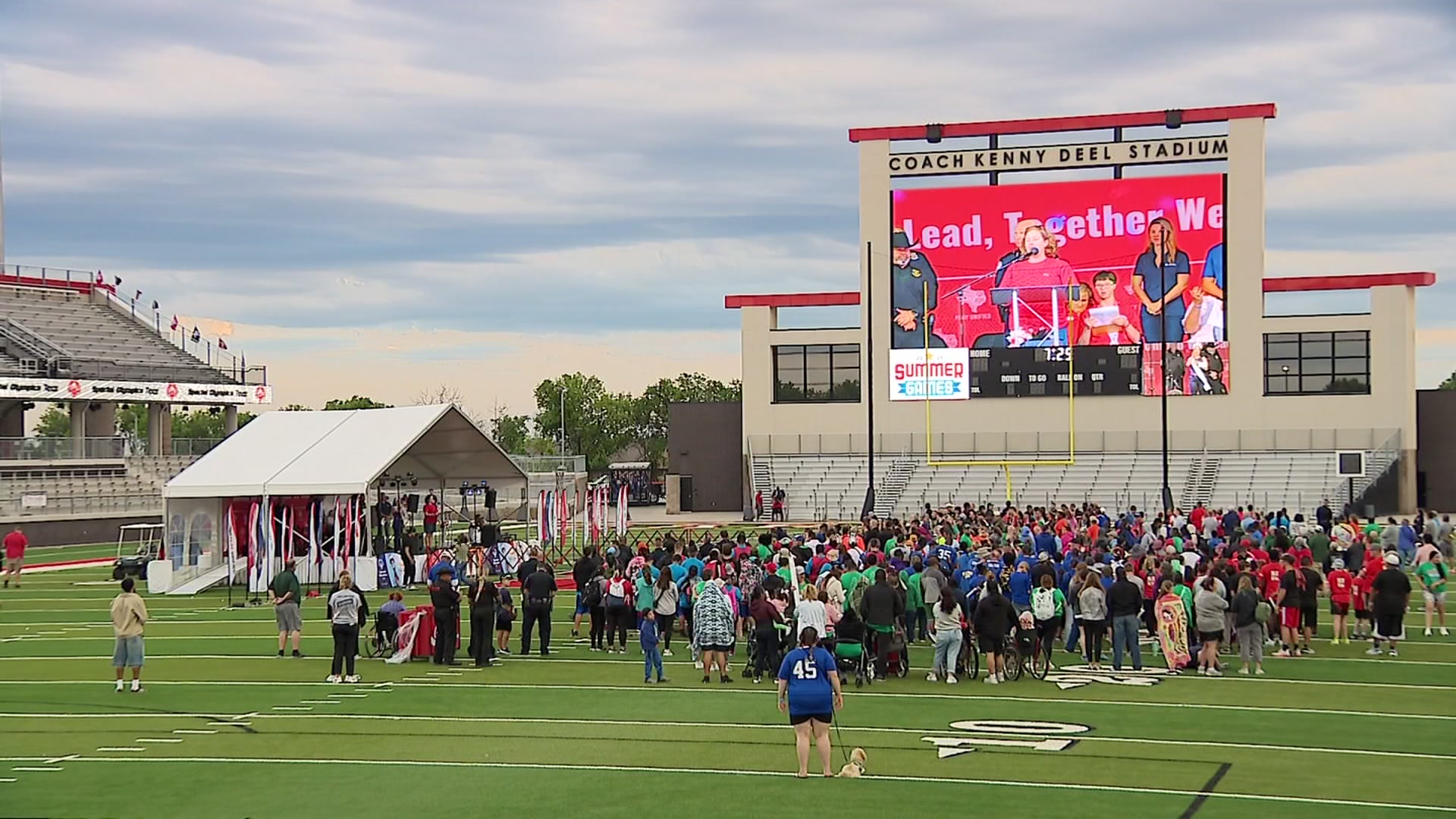Dozens of Texas plants similar to a fertilizer facility that exploded in the town of West in 2013, one of Texas’ worst industrial accidents, are still operating near schools, hospitals and residential neighborhoods, federal regulators say.
Dozens of Texas plants similar to a fertilizer facility that exploded in the town of West in 2013, one of Texas' worst industrial accidents, are still operating near schools, hospitals and residential neighborhoods, federal regulators say.
In a report released ahead of a public meeting Thursday, the Chemical Safety Board says there are 80 plants in Texas that store more than 5 tons of ammonium nitrate, a chemical used in fertilizer.
About half of them are fertilizer plants similar to the West Fertilizer Co., north of Waco, where a fire led to a devastating explosion that registered as an earthquake of magnitude 2.1. It killed 15, injured hundreds and leveled part of the town.
"The risk to the public from a catastrophic incident exists throughout the state of Texas," the report said.
Nineteen plants storing fertilizer-grade ammonium nitrate operate within a half-mile of a school, hospital or nursing home, according to the report. More than 30 of them are within a quarter-mile of a home or apartment building.
The West plant "was about 550 feet from the closest school, which sustained catastrophic damage as a result of the explosion, which could have resulted in additional loss of life had the school been in session at the time," the report noted. That explosion caused about $100 million in property damage, according to the Texas Department of Insurance, and insurance-related losses were approximately $230 million.
Federal regulators say the way the fertilizer was stored, with combustible materials nearby, and the lack of ventilation were contributing factors to the detonation. But they also cited a failure to conduct safety inspections of the plant, shortcomings in emergency response such as with hazmat training, and poor land planning that allowed development to sprout around the plant over the years.
Local
The latest news from around North Texas.
West Mayor Tommy Muska said Wednesday he was aware of the report but declined to comment due to ongoing litigation. He referred questions to attorney Stephen Harrison, who did not return a call.
Among those killed in the April 2013 explosion were 12 emergency personnel, primarily ones with the West Volunteer Fire Department who responded to the initial blaze. The report says the response to the fire was flawed for various reasons, including for not establishing an incident command center and lack of understanding about the possibility of a detonation. It's not certain how the fire started, but inspectors have three possible scenarios: faulty electrical wiring, a short circuit in a golf cart stored at the plant, or arson.
West Fire Chief George Nors Sr. on Wednesday declined to address the report's findings. A call to the plant owner was not returned but officials have denied allegations that the plant was negligent in how it handled and stored ammonium nitrate.
Another error cited by regulators was a lack of communication between plant and municipal officials. Just two months before the explosion, the West Intermediate School was evacuated after the principal called 911 about a fire at the plant. Neither the 911 dispatcher nor any other emergency official had informed the school that the plant was conducting a controlled burn of pallets and brush, the report says.
The Chemical Safety Board issued its preliminary findings in April 2014, including that several levels of federal, state and local government missed opportunities to prevent the tragedy.



